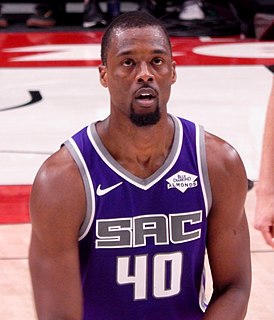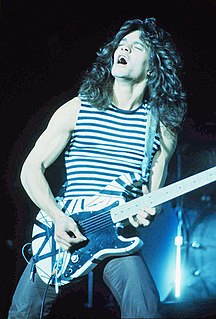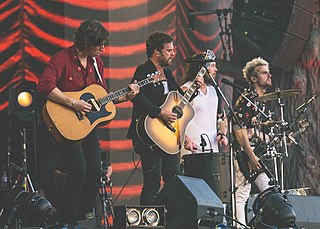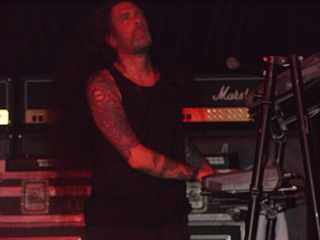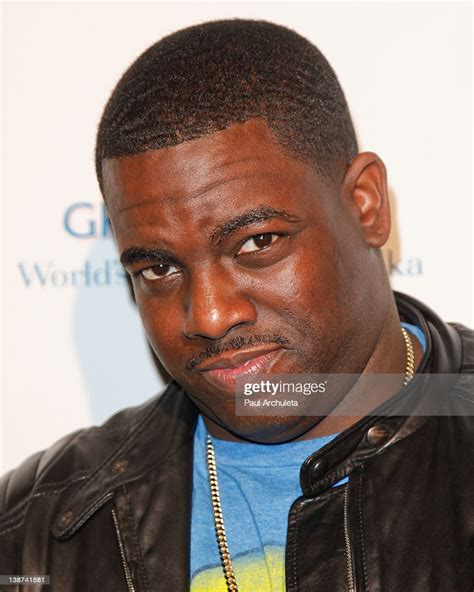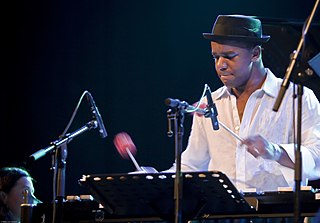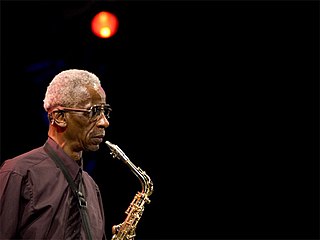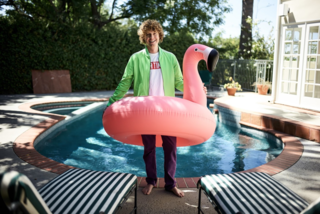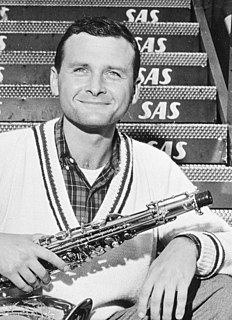A Quote by Richie Faulkner
Practice. Listen. Use you ears. And as Rob [Halford] said, that team effort. You can learn your instrument in your room, but being in a band is more than playing your instrument.
Related Quotes
'In empathic listening you listen with your ears, but you also, and more importantly, listen with you eyes and with your heart. You listen for feeling, for meaning. You listen for behaviour. You use your right brain as well as your left. You sense, you intuit, you feel.' ... 'You have to open yourself up to be influenced'.
Are you trying to weasel out of showing us any of this stuff?" said Zacharias Smith. "Here's an idea," said Ron loudly, "why don't you shut your mouth?" "Well, we've all turned up to learn from him, and now he's telling us he can't really do any of it," he said. "That's not what he said," said Fred Weasley. "Would you like us to clean out your ears for you?" inquired George, pulling a long and lethal-looking metal instrument from inside one of the Zonko's bags. "Or any part of your body, really, we're not fussy where we stick this," said Fred.
When you learn an instrument, it takes an awful lot of time to just learn the scales, and then eventually when you have completely mastered the instrument, the music plays for you. But you still have to keep practicing. And it takes an awful lot of practice. Nonetheless, if you diligently practice, hours and hours and hours and hours, you probably won't get it. You'll probably just end up hurting your fingers.
The only thing I can say that is not bullshit is that you do have to learn to write in a way that you would learn to play the violin. Everybody seems to think that you should be able to turn on the faucet one day and out will come the novel. I think for most people it's just practice, practice, practice, that sense of just learning your instrument until - when you have an idea on the violin, you don't have to translate it into violin-speak anymore - the language is your own. It's not something you can think your way into, or outsmart. you've just got to do it.
I think it all comes back to the individual. My instrument's just a pile of metal and wood! If you listen to the way I speak I have a lot of rhythm, use a lot of accents. When I'm playing my instrument that concept comes through very clearly. In fact some people who've seen me play have noticed that I'm singing - but it's more that I'm actually speaking. So it's not really about the instrument. But for me, in my thinking, the music is all about the melody. When I compose, 99 percent of the time I start with the melody.
Switch to piano! No. Really, if you like an instrument that sings, play the saxophone. At its best it's like the human voice. Of course, it would be best if you could actually sing with your own voice. The saxophone is an imperfect instrument, especially the tenor and soprano, as far as intonation goes. Therefore, the challenge is to sing on an imperfect instrument or 'voice' that is outside of your body. I love that challenge and have for over forty-five years. As far as playing jazz, no other art form, other than conversation, can give the satisfaction of spontaneous interaction.



